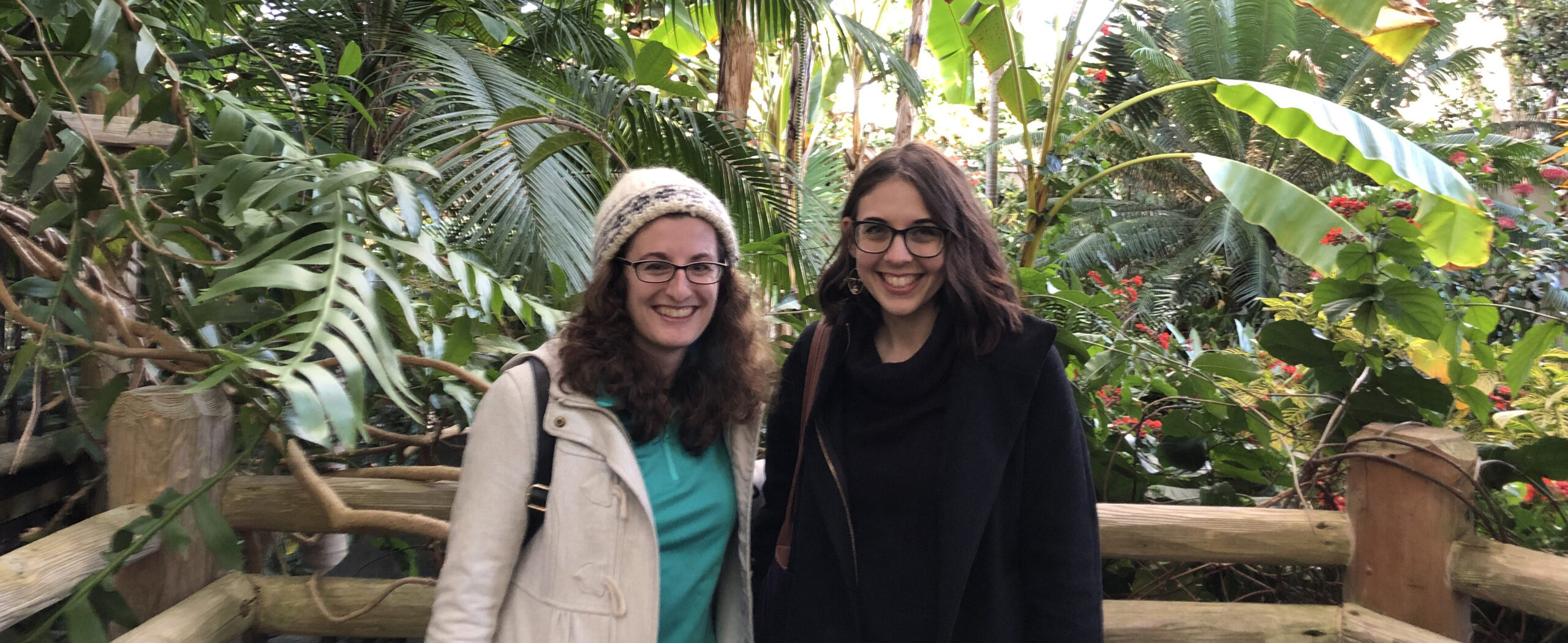
Learn more about life as a Museums and Digital Culture (MDC) student and the kind of opportunities available after graduation.
Who is a Museums and Digital Culture Student? Perspectives from Students
Q: Tell me about what you’ve been studying.
“Digital integration into museums.” “Accessible experiences.” “Research methods, user experience design, and community engagement.” “Information management.”
Q: What skills/tools have you gained from the program that you find yourself continuing to use?
“Solid tech skills that will serve me now and continue to serve me in the future, like HTML, CSS, and Python.”
“Coding, building websites, analytics.”
“Community of museums and outreach, visitor engagement, digital engagement, audience research.”
Q: What made you choose Pratt when you were looking for a museum studies program?
“It was just the perfect combination of everything that I knew I wanted and hoped I could get into in the future.”
“I felt like it was accessible even though I don’t have a technology background.”
Q: What do you enjoy most about the MDC program?
“I like the smaller class sizes and I love all of the professors. They’re so knowledgeable.”
“I like that the program is within the School of Information because I wanted a strong information science background.”
Student Satisfaction
Student feedback is solicited regularly through course evaluations and surveys to graduating students and alumni. For these surveys, we have found that:
100% of graduates agree or strongly agree that the course offerings aligned with my professional goals.
100% of graduates agree or strongly agree that the School of Information offered a quality program that prepared me to work in my chosen profession.
100% of graduates agree or strongly agree that the program faculty are effective teachers.
100% of graduates agree or strongly agree that the School created an inclusive and welcoming environment.
(Data from graduating student survey 2023/2024, N=6, 100% response rate)
Fore more program statistics, please visit our annual assessment reports.